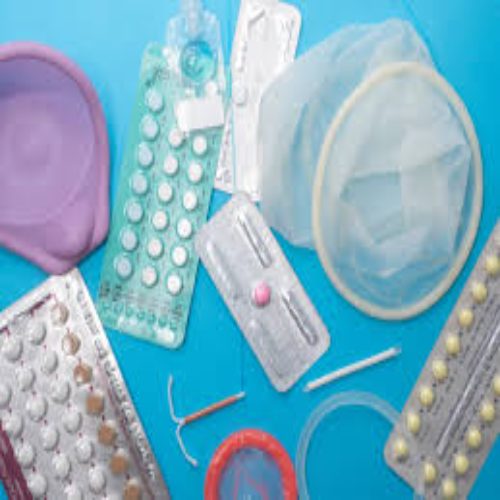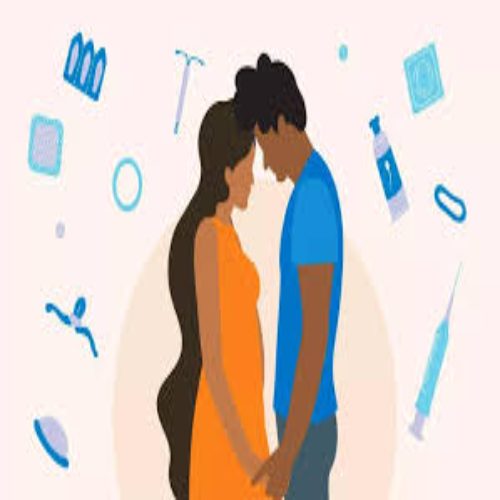
In Nigeria, discussions about sex and sexual health are often taboo, especially in a deeply religious society where such topics are met with embarrassment. Despite this, the country’s youth population is rapidly growing, and many young Nigerians are in their prime reproductive years. According to 2019 data from the UN Population Fund, individuals aged 15 to 64 now constitute more than half of Nigeria’s population.
For many young people, their first experience with sex education is limited, whether it comes from awkward talks at home, basic school lessons, or a quick search on the internet. This lack of in-depth information has fueled a culture of secrecy surrounding sexual and reproductive health, where even healthcare professionals may make judgmental remarks about issues outside the societal norms.
When it comes to contraception, the options available for men are few, often limited to condoms or vasectomy, while women have access to a broader range, though they often lack the necessary resources or information. A report by the UNFPA reveals that only 15% of Nigerian women use modern contraceptive methods, and between 2006 and 2017, the adolescent birth rate for girls aged 15 to 19 remained one of the highest globally.

Morenike Fajemisin, who founded WHISPA Health, was inspired by these challenges. The stigma around purchasing contraceptives has made it difficult for many young adults to buy items like condoms or emergency contraceptive pills at pharmacies, where staff often expect customers to be less sexually active or married. Women face even greater hurdles, as societal expectations compound the difficulties.
Fajemisin recalls how young people would often try to hide their purchases in fear of embarrassment. This experience led her to create WHISPA, an app designed to offer discreet access to sexual health information and resources. Through WHISPA, users can access telemedicine services, chat with certified doctors, and get advice on contraceptive options. The app has a feature where women can take automated tests to determine which contraceptive options suit them best, and then have their choice delivered or made available for pickup.
The platform is primarily used by younger women, especially students and recent graduates. WHISPA has also invested in ensuring data security by partnering with licensed doctors, hospitals, and pharmacies while complying with strict regulations.

WHISPA is funded through a mix of self-financing and grants, such as an ingenuity fund from John Hopkins University. The company is currently seeking additional investors and is focused on making services affordable for its users. To ensure privacy, WHISPA uses Amazon’s AWS platform to store user data securely.
Digital health solutions like WHISPA are becoming increasingly vital in regions like Nigeria, where there is a shortage of healthcare infrastructure and personnel. As technology becomes more ingrained in daily life, with many young Nigerians spending hours on social media, tools like WHISPA offer a discreet and convenient way for young people to access sexual health services.
Another similar initiative, Honey&Banana Connect by DKT International, also offers discreet access to sexual health information and resources through a call center, SMS, web, and mobile apps. The platform primarily serves young Nigerians, particularly females, and aims to reduce unintended pregnancies and the spread of sexually transmitted infections (STIs).
Despite the challenges of regulatory restrictions and biases from healthcare professionals, platforms like WHISPA and Honey&Banana are proving effective in providing the necessary information and resources to young Nigerians. This digital shift could lead to better sexual health education, improved contraceptive use, and ultimately, a reduction in unwanted pregnancies and STIs.

